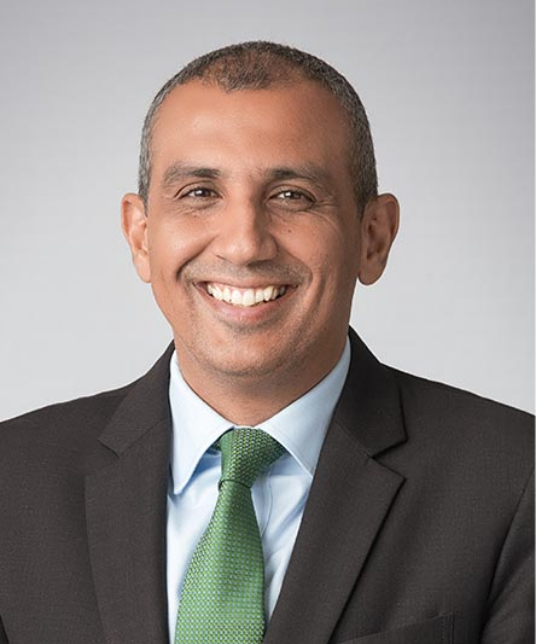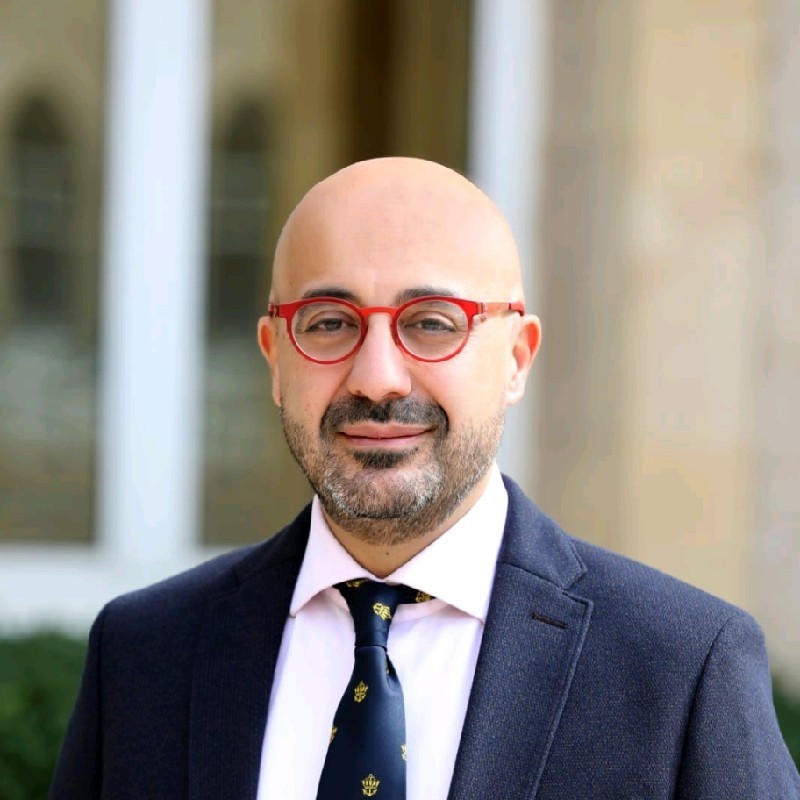The course
Green Government Strategy
In a world where environmental sustainability is paramount, this program delves into the innovative strategies and transformative policies that propel governments towards a greener future. Through insightful discussions, expert-led sessions, and real-world case studies, participants will gain a comprehensive understanding of the pivotal role governments play in fostering environmental stewardship and driving meaningful change.
Faculty

Dr. Yasar Jarrar
Managing Director, Sustainability Institute & Posterity Institute
Ibrahim Al Zu’bi
Group Chief Sustainability Officer – ADNOC Group
HE Dr. Nasser Yassin
Minister of Environment, LebanonLanguage
Course Available in:
English
Arabic
Course Content
Four-Day Executive Education Program
Day 1
Understanding the Foundations of Green Government
Session 1: Introduction to Green Government Strategy
-
Defining green government and its significance in the modern world.
-
Exploring the economic, environmental, and social benefits of adopting sustainable governance practices.
Session 2: Global Best Practices in Green Governance
-
Case studies of countries leading the way in green government strategies.
-
Learning from successful implementations, challenges faced, and key takeaways.
Session 3: Mapping the Green Government Landscape
-
Identifying key areas for intervention: operations, procurement, policies, and economy.
-
Assessing current practices in participant governments and benchmarking against global standards.
Day 2
Crafting Sustainable Policies and Strategies
Session 4: Designing Effective Green Policies
-
Elements of impactful green policies: goals, targets, incentives, and regulations.
-
Crafting policies that are adaptable to regional contexts while aligning with global sustainability goals.
Session 5: Stakeholder Engagement and Consensus Building
-
Engaging diverse stakeholders in the policy development process.
-
Strategies for building consensus among government agencies, industries, and civil society.
Session 6: Implementing Green Procurement Strategies
-
Exploring green procurement frameworks and their role in driving sustainable consumption.
-
Steps to integrate environmentally friendly criteria into procurement processes.
Day 3
Transitioning to a Green Economy
Session 7: Transitioning Towards a Green Economy
-
Understanding the principles and benefits of a green economy.
-
Analyzing sectors with potential for sustainable growth and job creation.
Session 8: Financing Sustainability Initiatives
-
Exploring funding mechanisms for green projects and policies.
-
Case studies of innovative financing models and public-private partnerships.
Session 9: Circular Economy and Resource Management
-
Embracing circular economy concepts to minimize waste and maximize resource efficiency.
-
Developing strategies for integrating circular practices into government operations.
Day 4
Implementing and Sustaining Green Government Strategies
Session 10: Monitoring and Evaluating Green Government Impact
-
Establishing metrics to measure the effectiveness of green policies and initiatives.
-
Reviewing progress and adapting strategies for continuous improvement.
Session 11: Capacity Building for Sustainable Governance
-
Strategies for training government officials and building a workforce equipped for green governance.
-
Sharing success stories and lessons learned from capacity building programs.
Session 12: Creating a Roadmap for Green Government
-
Group workshops to develop personalized action plans for implementing green strategies.
-
Addressing challenges, setting realistic milestones, and identifying potential collaboration opportunities.
